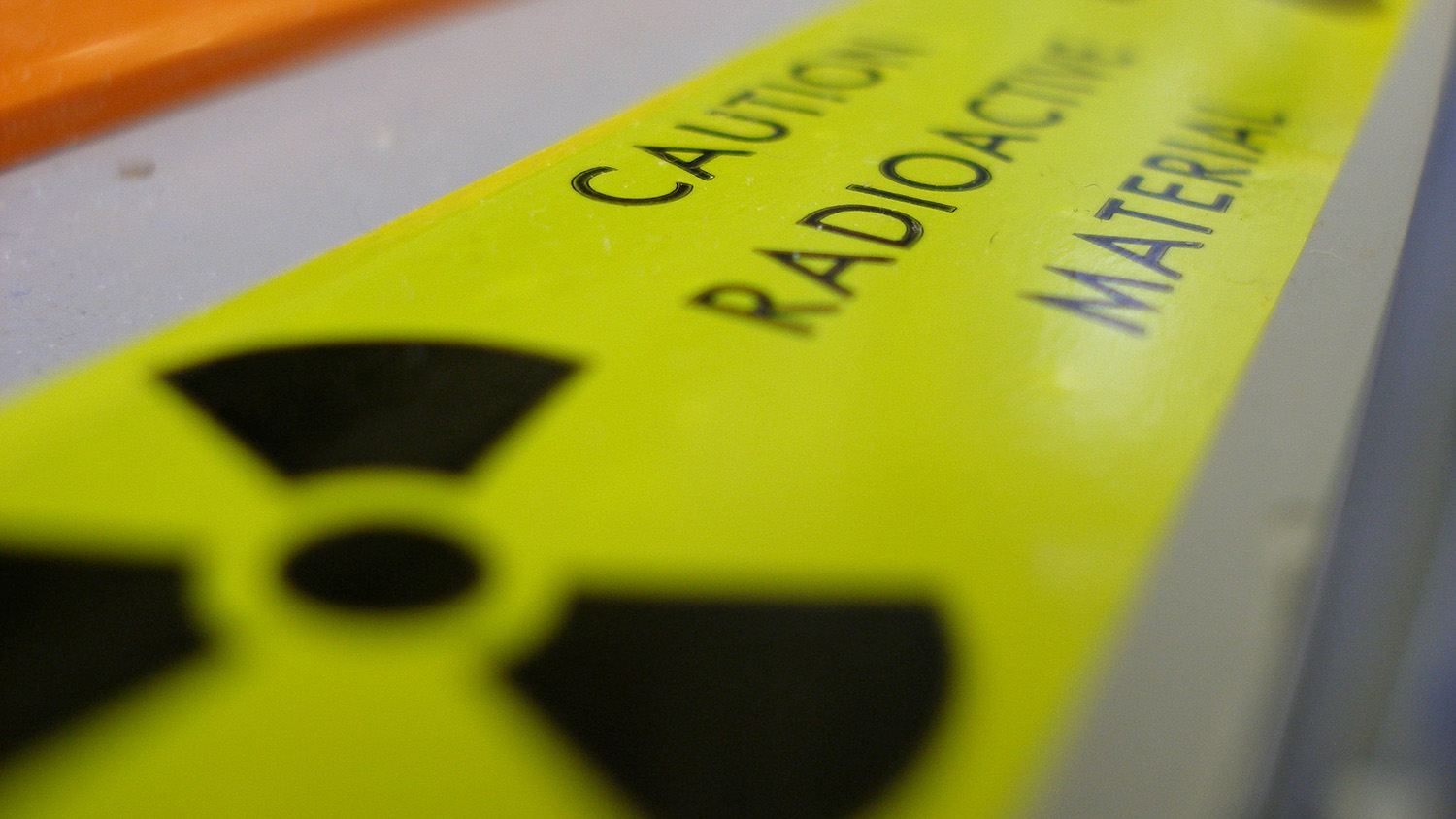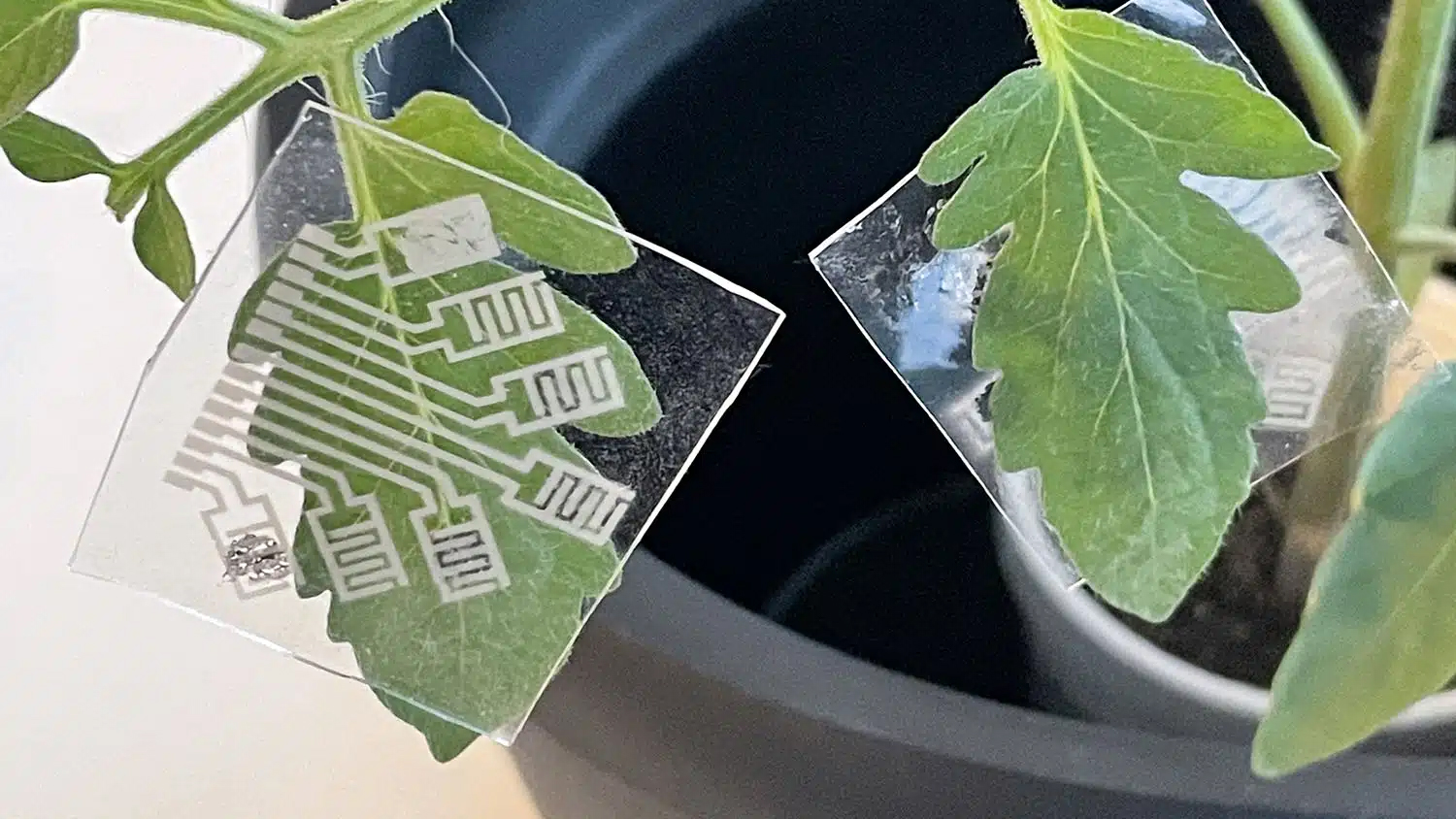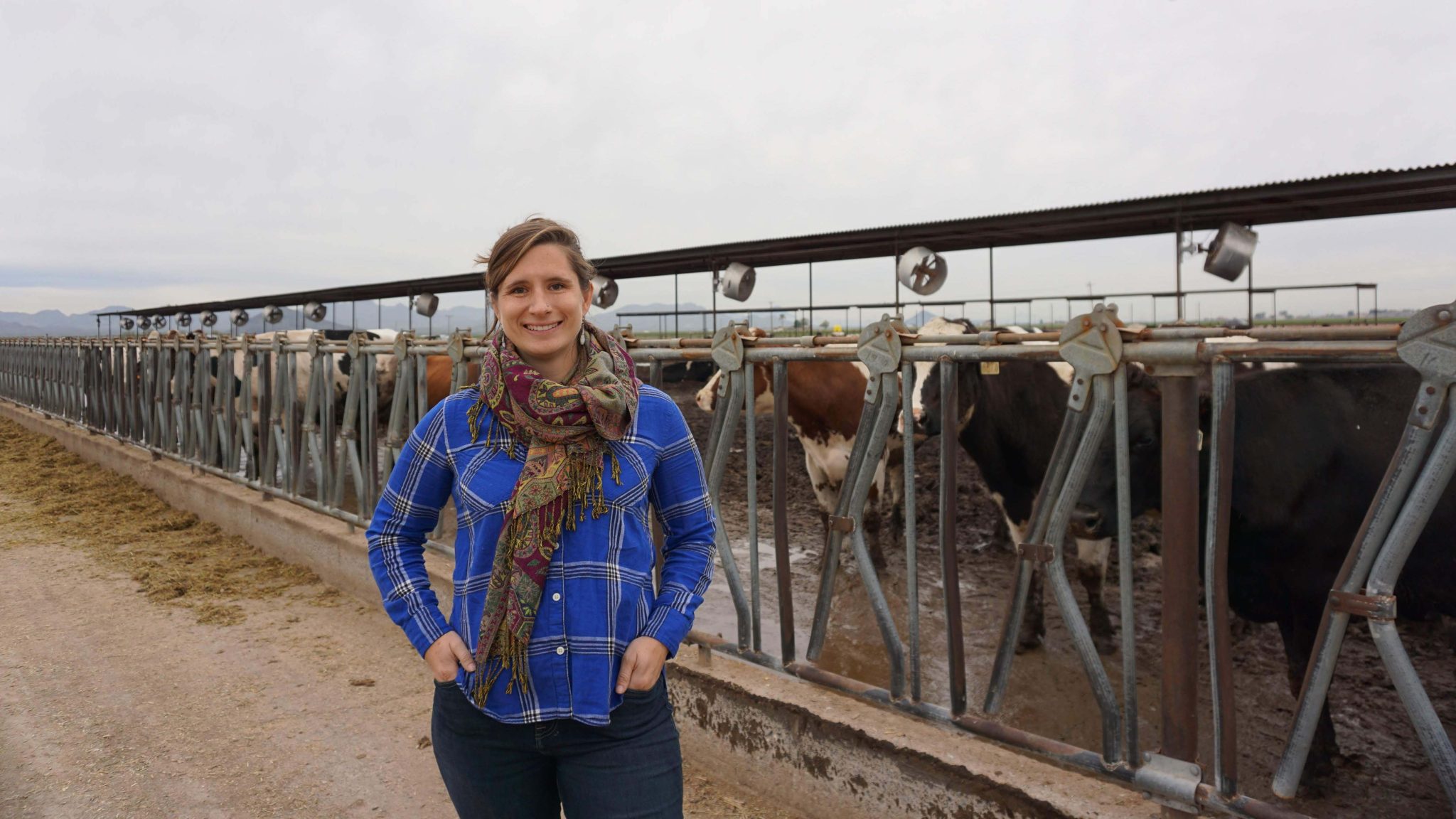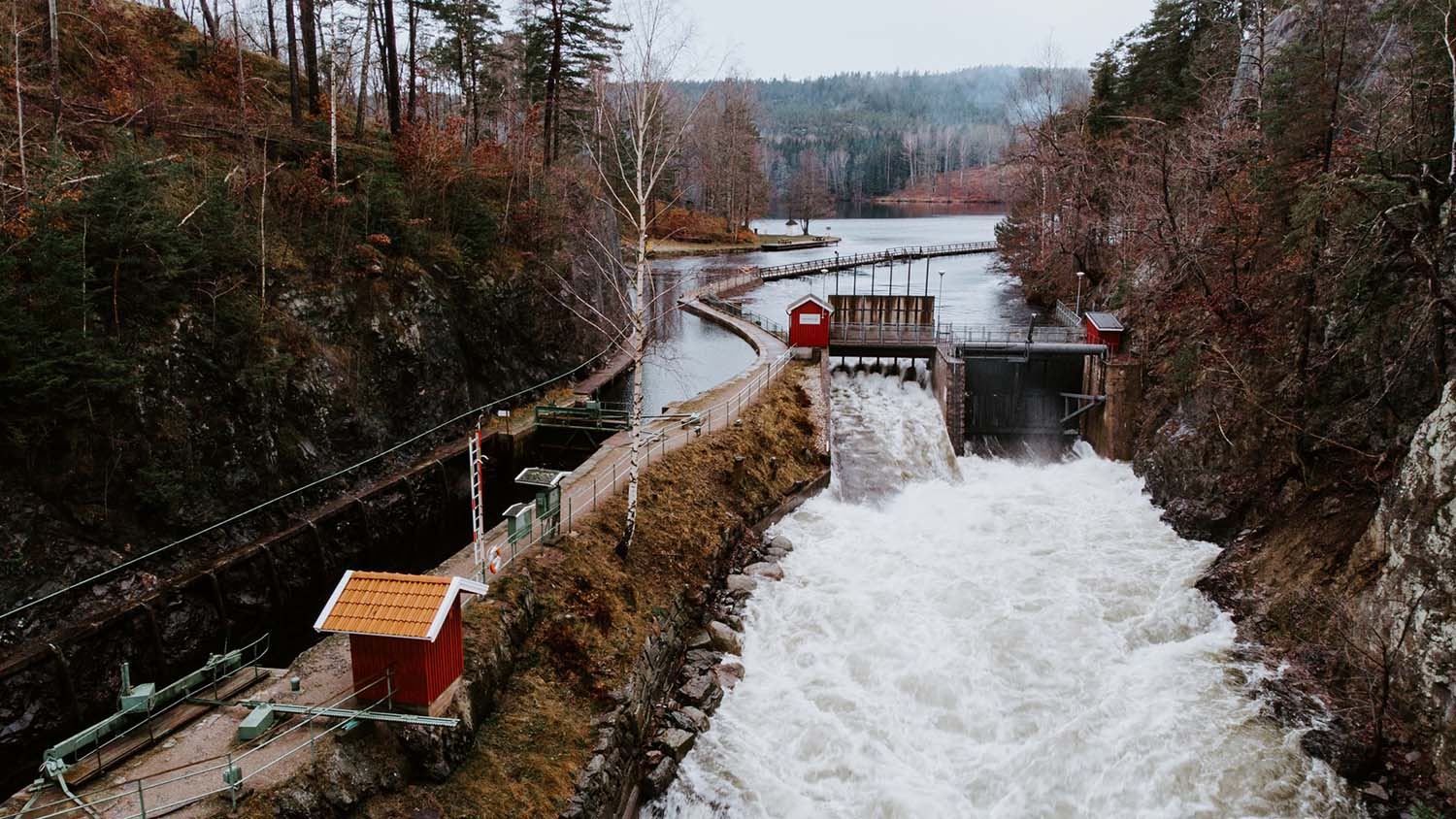
Resilience
From securing our food supply and protecting the power grid to learning new languages and combating biothreats, NC State prepares students to tackle real-world issues. NC State is uniquely positioned to create policy and drive education around combating the spread of weapons of mass destruction. We are home to the only nuclear engineering program in North Carolina and the first university-based nuclear reactor and associated Nuclear Reactor Program dedicated to teaching, research and extension.
Countering Weapons of Mass Destruction
NC State Nuclear Engineering
NC State’s Department of Nuclear Engineering is the only nuclear engineering program in North Carolina and a premier nuclear engineering department in the United States.
Chemical Protection and Man-in-Simulant Test Lab
The Chemical Protection Laboratory utilizes state-of-the-art equipment to analyze materials and ensemble systems for penetration, permeation, and infiltration resistance of potentially toxic chemical liquids and gases. Innovative equipment is used to study protection properties from fabric swatch to garment ensembles with both manikin and human subject protocols.
Graduate Certificate in Nuclear Nonproliferation Science and Policy
Government, private and academic sectors need people skilled in understanding both the science that enables nuclear nonproliferation regimes and the policies that create and support those regimes. NC State’s Graduate Certificate in Nuclear Nonproliferation Science and Policy prepares professionals to meet this need. The 12-credit-hour program is offered jointly by NC State’s Departments of Political Science and Nuclear Engineering.
Triangle Universities Nuclear Laboratory
The Triangle Universities Nuclear Laboratory (TUNL) is a U.S. Department of Energy Center of Excellence. TUNL is a consortium of 4 universities: Duke University, North Carolina Central University, North Carolina State University and the University of North Carolina at Chapel Hill. The research carried out at TUNL addresses the fundamental questions in nuclear physics.
Cultural Competence
Study Abroad in Jordan
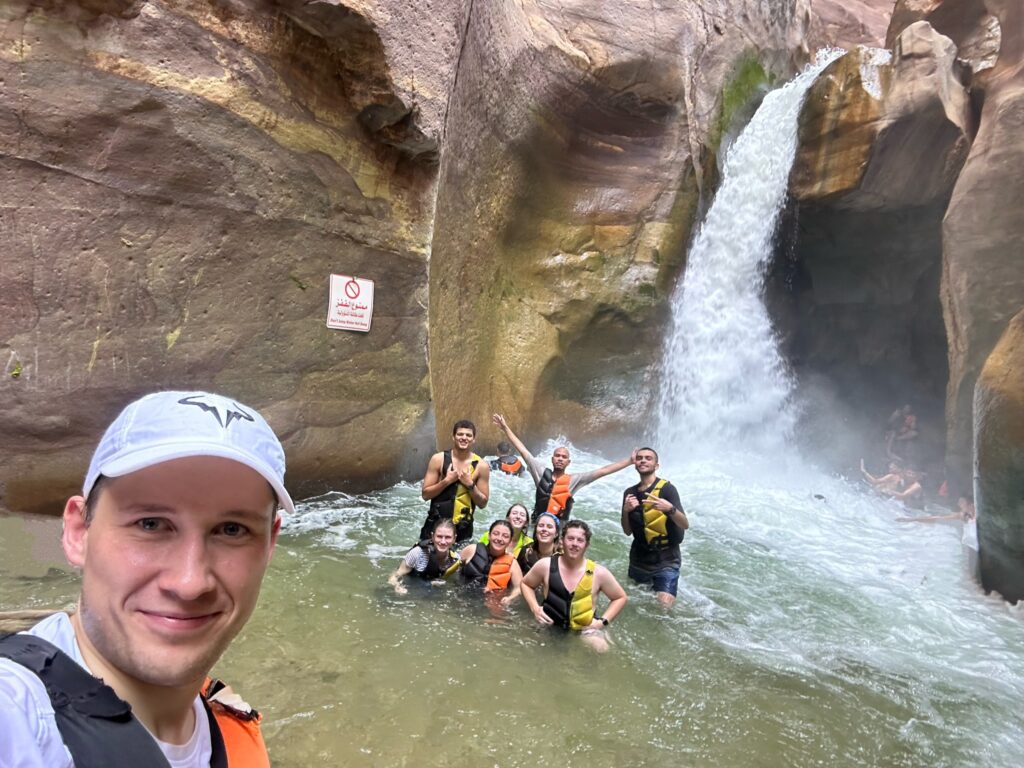
World Languages and Cultures
Students become proficient in a foreign language, learn to think critically about the world and immerse themselves in new cultures. We offer academic courses in 14 languages — Arabic, Ancient Greek, Chinese, English as a Foreign Language, French, German, Hindi-Urdu, Italian, Japanese, Latin, Persian, Portuguese, Russian and Spanish.
Project Global Officer (Project GO)
The U.S. military needs officers who possess the language and cross-cultural communication skills required for effective leadership in the operational environment. Project GO – NC State promotes critical language education in Arabic or Chinese, a study abroad experience and intercultural dialogue opportunities for ROTC students. This program is a Department of Defense initiative funded by the Defense Language and National Security Education Office and administered by the Institute of International Education.
Language Training Centers
The Language Training Center (LTC) at NC State University is a Department of Defense initiative aimed at improving the language skills, regional expertise and intercultural communication skills of military personnel and providing venues of collaboration between DOD units and institutions of higher learning. The LTC is funded by the National Security Education Program, through the Defense Language National Security Education Office.
Infrastructure Security
Constructed Facilities Lab (CFL)
The Constructed Facilities Lab (CFL) performs advanced research and development of construction materials, structural systems, and processes that enhance the sustainability and economy of civil infrastructure.
Triangle Institute for Security Studies (TISS)
The Triangle Institute for Security Studies – TISS – is a cross-campus consortium dedicated to the study of national and international security. TISS is made up of four universities in North Carolina’s Research Triangle: Duke University, North Carolina Central University, North Carolina State University, and the University of North Carolina – Chapel Hill.
Secure Computing Institute (SCI)
The Secure Computing Institute (SCI) at NC State University is a focal point for cybersecurity research and education at the university and the broader Research Triangle Park (RTP) area. Located in the Department of Computer Science, SCI seeks to unite cybersecurity efforts throughout the university.
Wolfpack Security and Privacy Research Lab (WSPR)
The WSPR Laboratory models, designs, builds, and validates technology that protects users, systems, and networks. They work on all areas of cybersecurity, from designing new cryptographic constructs to ensure protected execution of code to empirical studies on how software is secured by developers; from finding flaws in existing operating systems to building systems resilient from known attacks; from detecting malicious activity such as malware and denial of service attacks to building networks and mechanisms to prevent abuse.
Environmental Resilience
Conservation and Defense
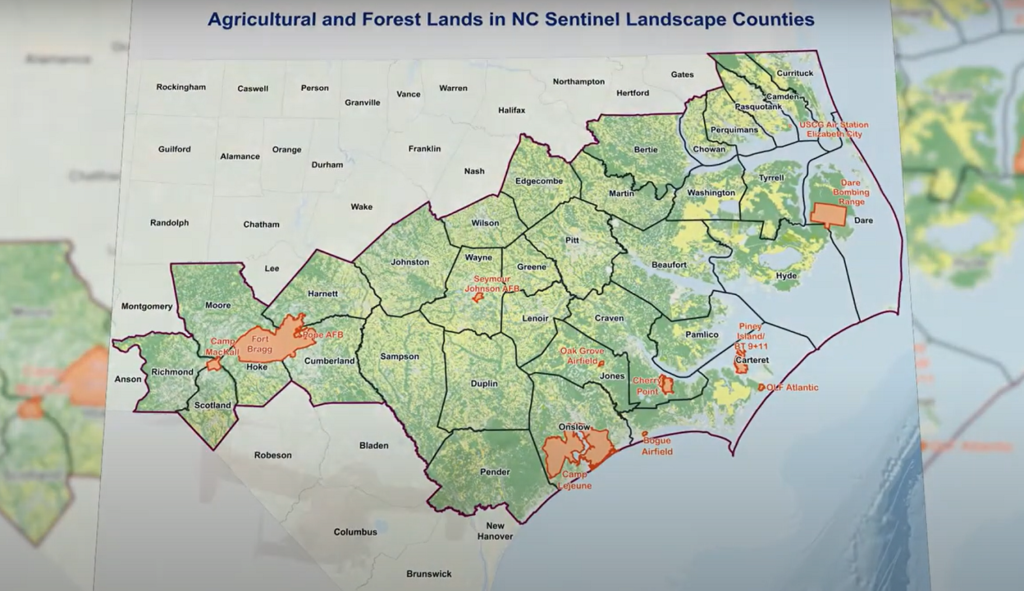
Coastal Resilience and Sustainability Initiative
CSRI envisions a future where people, ecosystems, and economies are more resilient in the face of rapid social and environmental change.
NC Sea Grant
NC Sea Grant works with policymakers and scientists in four focus areas: healthy coastal ecosystems, resilient communities and economies, sustainable fisheries and aquaculture, and environmental literacy and workforce development.
